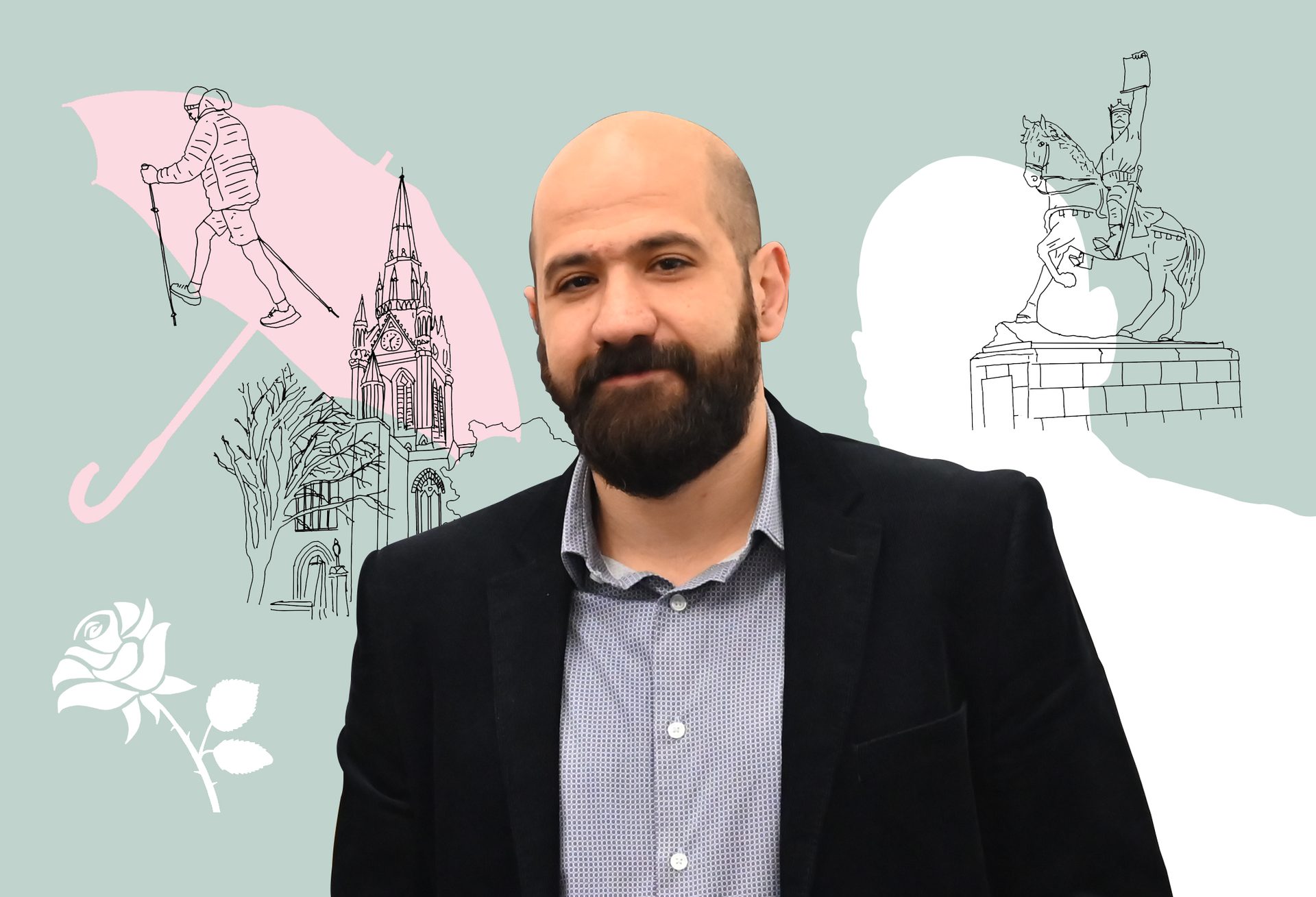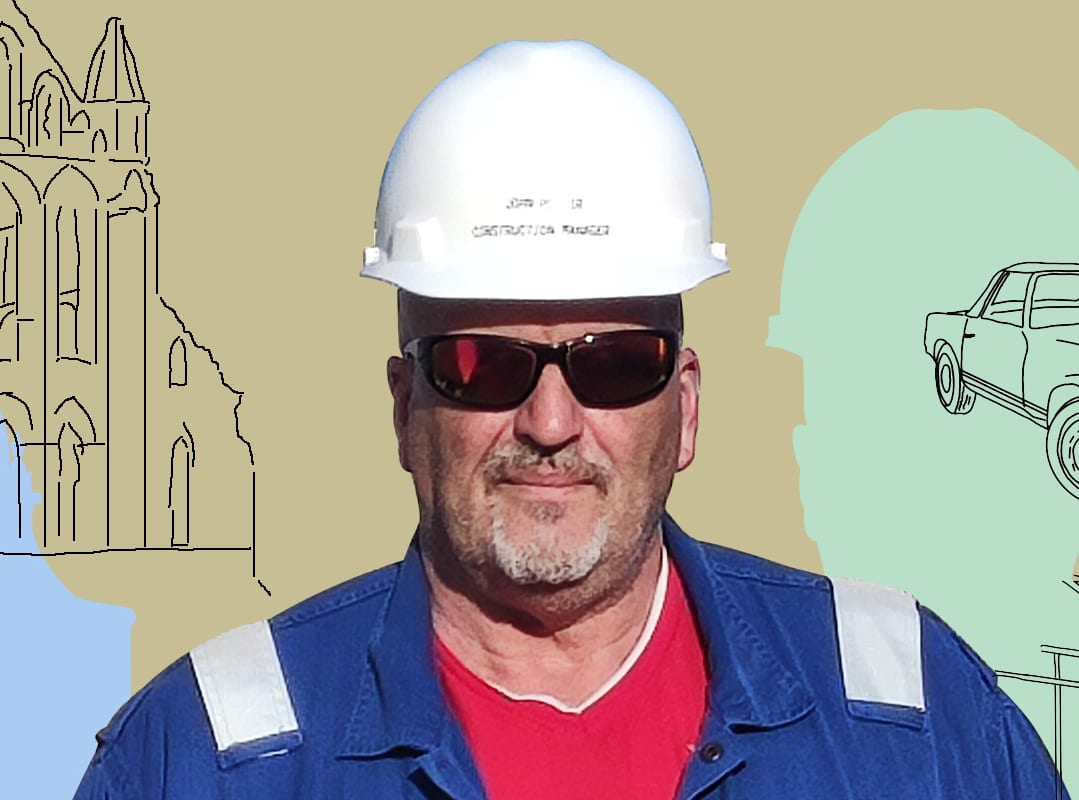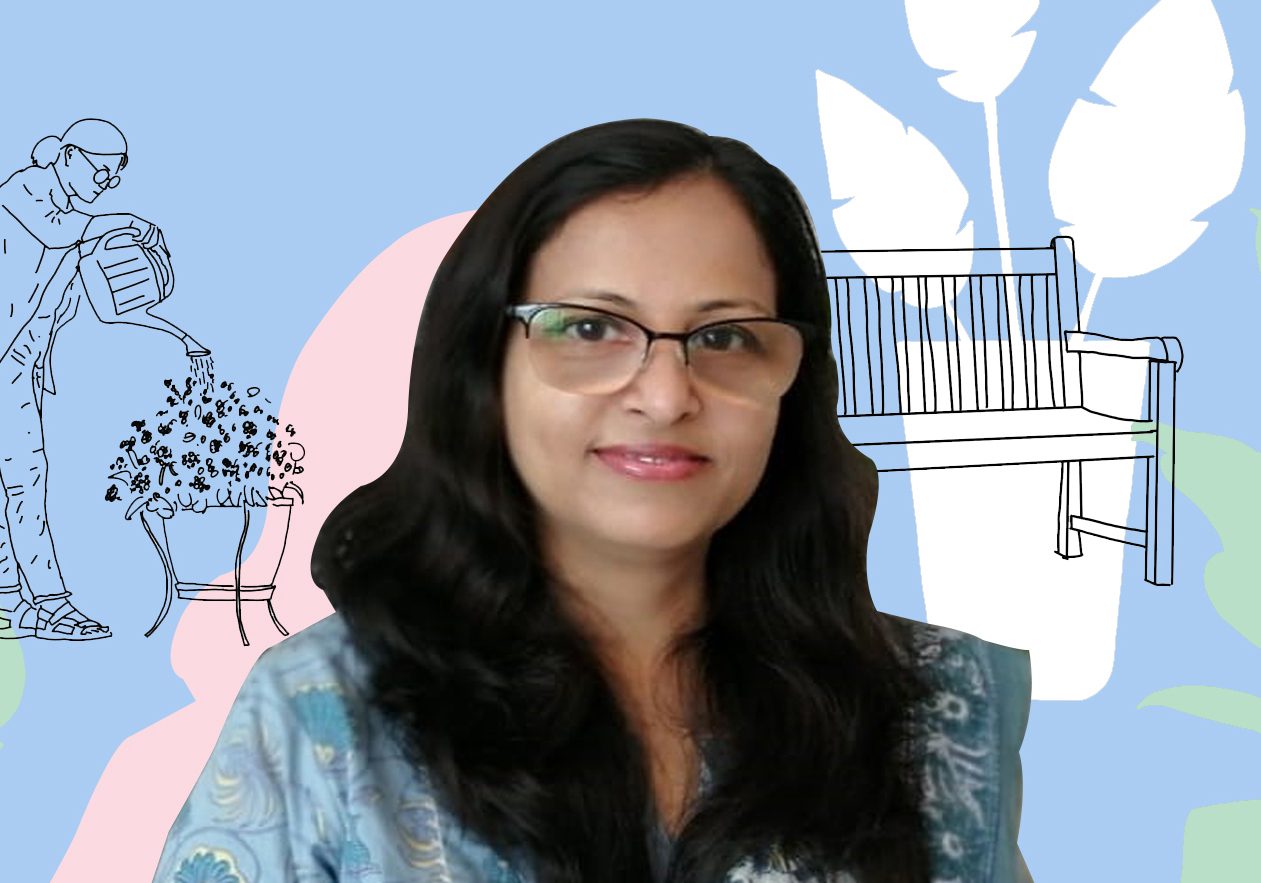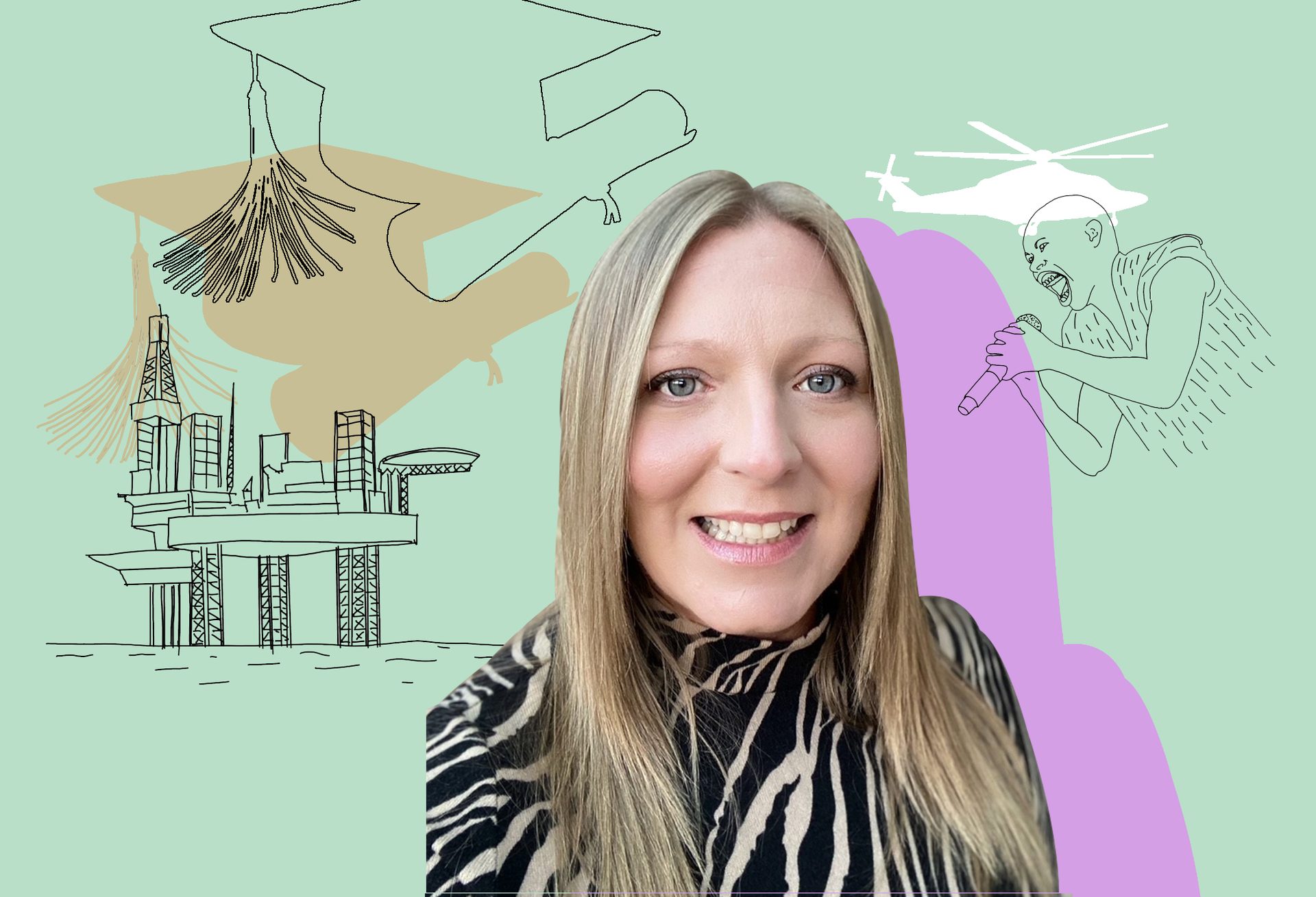PEOPLE

A DATA SCIENCE MANAGER
What has the power to predict the future? Improve project performance? And help us make better decisions? It’s data. Based in Aberdeen, Ehsan Kian tells us how he is helping the business to make better use of this valuable resource.
We need to create value for our clients. This means delivering better, faster and cheaper projects, maximising efficiency, compliance and productivity. Where does data come into the picture? It’s basically the key ingredient for success.
Data solves problems for the business and is essential for the day-to-day running of our organisation. You need available, valid and verified data to support decision making; if you don’t get high quality data, you are not going to make the right decisions. Data can help us to monitor the performance of our projects, while advanced analytics can help make the outcomes of our projects predictable, by predicting what may go wrong even before it happens. For instance, predicting risk of breakdowns in offshore equipment and taking proactive actions, which can directly improve revenue for our clients. It’s not about predicting the outcome, it’s about the outcome being predictable.
I’m looking at how we can connect our systems together on a big data platform (known as data lake) in a way that gives us a full lifecycle of data. We have integrated more than 30 systems into our data lake so far – including ERP, cost, engineering, construction and supply chain – and we are now using this data to create an integrated view of end-to-end project delivery. Another aspect of our work is creating a single suite of business intelligence tools like dashboards for our business-critical data and KPIs to help leadership make informed decisions. This could be for finance or HSE. We also work closely with business to help achieve Petrofac’s strategic goals. For example, we developed an emission management tool to monitor and optimise emissions at our sites, which will help Petrofac to reach our net zero target by 2030. So, our role not only focuses on project delivery, it involves everyone based on their individual needs.
Artificial Intelligence (AI) and Machine Learning (ML) is taking us to the next level with data. In Petrofac, we invested heavily in building tools to unlock the power of AI and ML. For example, a Computer Vision and Knowledge Mining tool is able to use the power of AI and ML, to process tens of thousands of engineering documents and records in a few hours and extract information for our engineering teams. This is a task that normally takes several hundreds of hours to do manually.
I feel like Scotland is home now. I’m from Tehran and left Iran in 2010, moving to Australia to study. I then did my master's degree in Spain in industrial engineering and my PhD in project management in Edinburgh, before moving to Aberdeen to join Petrofac. Scottish people are friendly, although the weather is not great, but I’ve adapted now and when I go back to the Middle East it’s too hot for me. I play tennis and go for hikes – the nature is beautiful here. I also enjoy cooking on my smoker barbecue, which I’ve called Joe Junior. You just need an umbrella when it’s raining. I am also a keen gardener and greenhouse grower and created my own small Persian garden at our home here in Aberdeen. I’ve even used simple sensors to automate watering and minimise waste.
I have a manufacturing background in automotive, aerospace and defence and I’m a Lean Six Sigma black belt. If you don’t have real-time data in manufacturing, your business won’t survive. A simple example is Costa Coffee (a UK takeaway coffee chain); they have a screen showing them how many coffees they have made, how long it takes to make one coffee, and what should be the average time to satisfy customers. Every business survives on data. I joined Petrofac in 2015 as Business Improvement Lead before becoming Business Performance Manager. I then moved into the data science role in IT Digital two years ago. If you want to make improvements, you need to look at where you are and where you want to be. In my first role at Petrofac, I started working with data and using dashboards for the Operations and Maintenance business. So, while my background is not purely IT, I’m the person who uses data for a reason – which is making our business better. I still see myself as doing business improvement, it’s now just doing it for our global business.
We need to make data part of our culture if we are to get maximum value from it. Every person in the organisation needs to have a data mindset. It’s part of our day to day and a big part of my job is change management and looking at how we roll the solutions out into the business, so they make use of them. Over the next two to three years, we will focus on adoption, influencing the culture, and empowering our employees, as well as working more with predictive and advanced analytics.
“You need available, valid and verified data to support decision making; if you don’t get high quality data, you are not going to make the right decisions.”
WORDS CHRISTINA McPHERSON
PUBLISHED OCTOBER 2022




